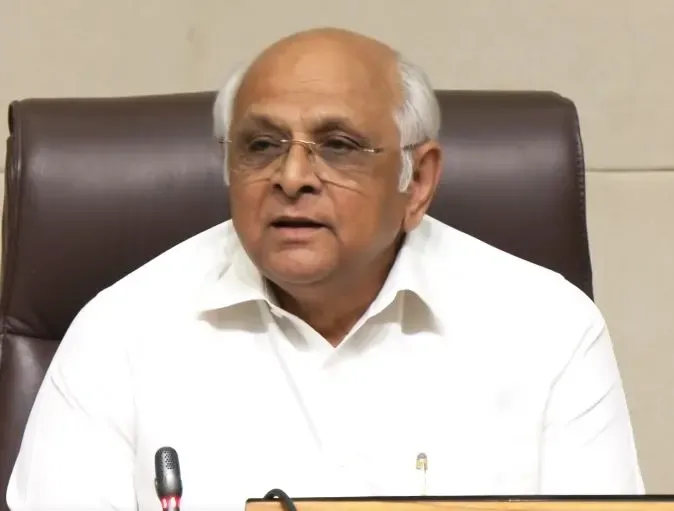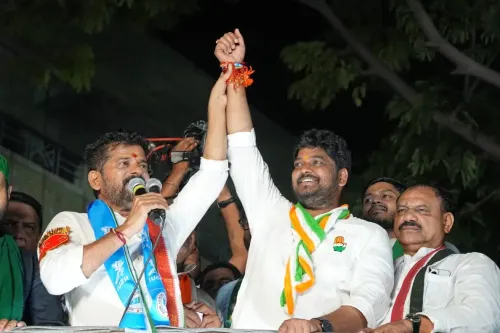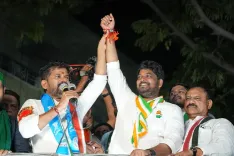Gujarat Establishes Special Committee for UCC Evaluation

Synopsis
Key Takeaways
- Formation of a special committee to analyze UCC impact.
- UCC aims for uniformity in personal laws across religions.
- Joint press briefing to outline Gujarat's UCC strategy.
- UCC encourages gender justice and legal equality.
- Gujarat to follow Uttarakhand as the second state to implement UCC.
Gandhinagar, Feb 4 (NationPress) The Gujarat government has established a special committee led by a former judge to evaluate and examine the implications of Uniform Civil Code (UCC), as reported by official sources.
This committee is tasked with compiling a detailed report, which will act as the basis for the government's subsequent actions. Following the submission of the report, the state cabinet will review the findings and determine the future course of action.
A joint press conference featuring Chief Minister Bhupendra Patel and Home Minister Harsh Sanghvi is scheduled for Tuesday, where they are anticipated to shed more light on Gujarat's strategy for UCC implementation.
This press briefing signifies an important moment in Gujarat's governance, as such notable discussions have been infrequent in recent years.
The Uniform Civil Code (UCC) is a suggested legal framework aimed at consolidating and replacing personal laws derived from religion with a unified set of regulations governing marriage, divorce, inheritance, adoption, and maintenance applicable to all Indian citizens.
The principle behind the UCC is to create ‘one nation, one law’, ensuring legal consistency regardless of religious affiliations. This concept is embedded in Article 44 of the Indian Constitution, which mandates that the State should strive to secure a Uniform Civil Code throughout the nation.
At present, India operates under distinct personal laws for various religious groups, including Hindu Personal Law, Muslim Personal Law, Christian Personal Law, and Parsi Law, among others. These laws govern significant aspects such as marriage, divorce, property rights, and adoption within specific religious communities, resulting in legal inconsistencies.
Should it be enacted, the UCC would establish uniform marriage regulations, ensuring a shared legal age, registration method, and dissolution processes for all citizens. It would also guarantee equal inheritance rights, abolishing gender discrimination in property distribution. Moreover, the UCC would harmonize divorce regulations, eliminating religion-based disparities and ensuring a standardized legal procedure. Adoption and guardianship laws would also be made uniform, providing equal rights to individuals irrespective of their religious background.
One of the most crucial features of the UCC is the prohibition of polygamy, promoting monogamy across all communities and upholding gender justice.
Currently, Goa stands as the only Indian state adhering to a Uniform Civil Code, having adopted it from the Portuguese Civil Code of 1867. In Goa, personal laws do not differ based on religion, and all citizens abide by a common civil code concerning marriage, divorce, and inheritance.
In 2024, Uttarakhand emerged as the first Indian state to enforce the UCC, setting a benchmark for others to emulate.
The Uttarakhand UCC Bill encompasses marriage, divorce, live-in relationships, and property rights, while banning polygamy and promoting gender equality. Following Uttarakhand's example, Gujarat is poised to become the second state in India to implement the UCC.









